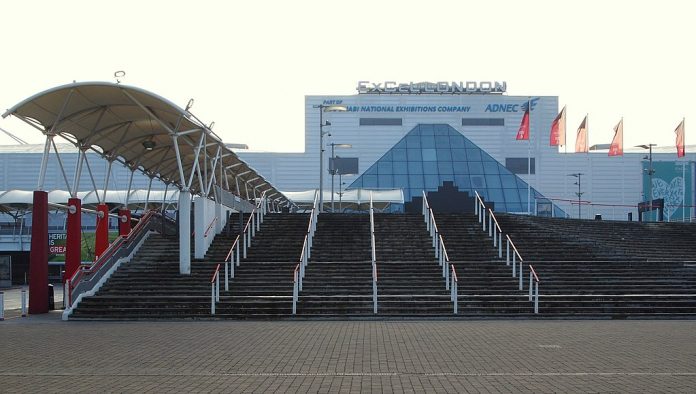Years of austerity and underfunded public services have left east Londoners with reduced opportunities and prospects, facing multiple interlinking challenges like racism, crime, and food poverty – what needs to change?
Corporate investment and economic regeneration initiatives on their doorstep often fail to provide these residents with relief. Usually, these projects offer few employment opportunities to locals, and the revenue generated doesn’t trickle down to local businesses and communities.
These initiatives can also create upward pressure on local housing markets, making it harder for residents to stay in the area.
Now, community-based research by the Institute for Global Prosperity at University College London (UCL) is uncovering more diverse perspectives of what it means to lead a prosperous life, challenging this narrow framing of prosperity as material wealth.
Opportunities for change: What does it mean to lead a prosperous life?
A team of ten citizen social scientists – trained through UCL’s Citizen Science Academy –were recruited directly from the communities at the centre of the UK’s first decade-long research project about prosperity: the ‘Prosperity in East London 2021-2031’ longitudinal study.
The 10-year project aims to trace the effects of large-scale and long-term urban regeneration on local communities in east London, combining a household survey and in-depth qualitative research in three waves of data collection.
In the first wave, surveys were conducted with over 4,000 households across 15 sites, asking over 100 questions that will track people’s reported prosperity across multiple domains. Citizen scientists have worked intensively with around 40 community members, conducting interviews, focus groups, walking ethnographies, and generating audio-visual outputs for analysis.
Equally important to the project is the role of the London Prosperity Board (LPB) – a cross-sector partnership created in 2016 that includes the UCL Institute for Global Prosperity, community organisations, private sector partners, five east London Borough councils, the Greater London Authority, Office for National Statistics, and the London Legacy Development Corporation. The LPB provides funding and other resources. Their involvement also means that local council and private sector partners become committed advocates.
Findings
Of the various barriers to prosperity for east London communities, problems caused by food insecurity, and racial and gender inequality were key concerns.
In 14 of the 15 research sites, residents reported having difficulty buying enough food in the last year. In six of these sites, the proportion of people experiencing food poverty was more than 10%. Many of these people were fully employed in low-wage jobs, or self-employed entrepreneurs.
Racial inequalities were found to have a complex range of socio-economic impacts. Participants from ethnic minorities talked of the difficulties they’d experienced in their professional lives, facing institutional barriers to obtaining funding, jobs and career opportunities.
Results from the Citizen Prosperity Index household survey corroborated these lived experiences, with Black and Asian respondents experiencing greater livelihood insecurity than white respondents. These minority groups reported lower pay for similar hours worked, greater debt burden, and more difficulty meeting rising living costs and household bills.
These problems were further exacerbated by gender inequalities, with women reporting prosperity scores almost 20% lower than men across multiple domains.
Next steps and challenges
The initial results have been shared with partners and policymakers through walking tours, presentations, and a series of zines where citizen social scientists describe and explore their findings.
The team found that, even as members of the same communities, it was initially difficult to establish trust and open communication with interviewees. But by combining their communal experiences with the training and knowledge gained through a 10-week programme at the newly launched UCL Citizen Science Academy, they gained unique insights and qualitative data that researchers from outside the communities would be unlikely to obtain.
The training and certification offered by the Academy will also help the citizen scientists – and the UCL Institute for Global Prosperity – retain and build on their research skills. The institute is now working with its partners on the Prosperity Board to find progression routes and research career opportunities for the citizen scientists.
UCL Institute for Global Prosperity
The UCL Institute for Global Prosperity aims to redesign prosperity for the 21st century. Through its pioneering research and three innovative master’s degrees, we seek to equip leaders with the skills to change the way we conceive and run our economies in order to build a prosperous, sustainable, global future underpinned by the principles of fairness and justice.
Study with us
This piece was written and provided by Gillian Chan (Manager, Prosperity Co-Lab UK (ProCol UK), Institute for Global Prosperity) and Dr Saffron Woodcraft (Executive Lead, Prosperity Co-Lab UK (ProCol UK) and Principal Research Fellow, Institute for Global Prosperity)








